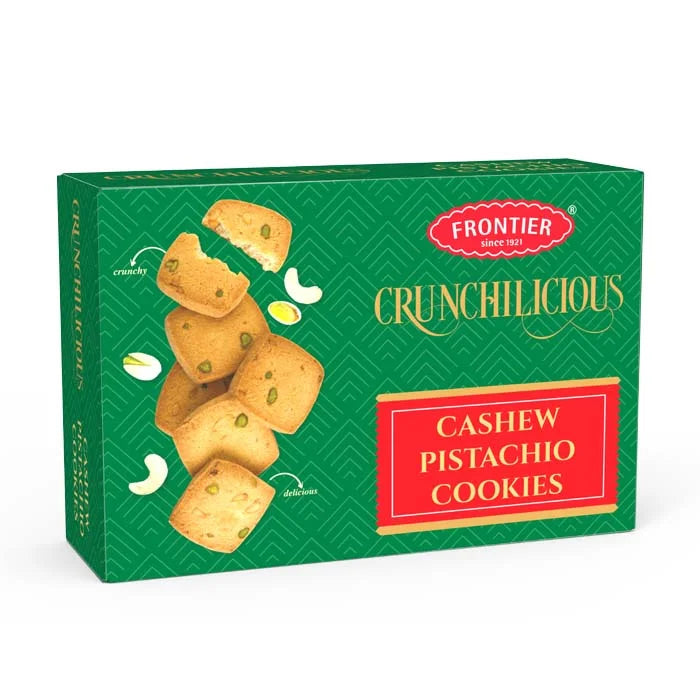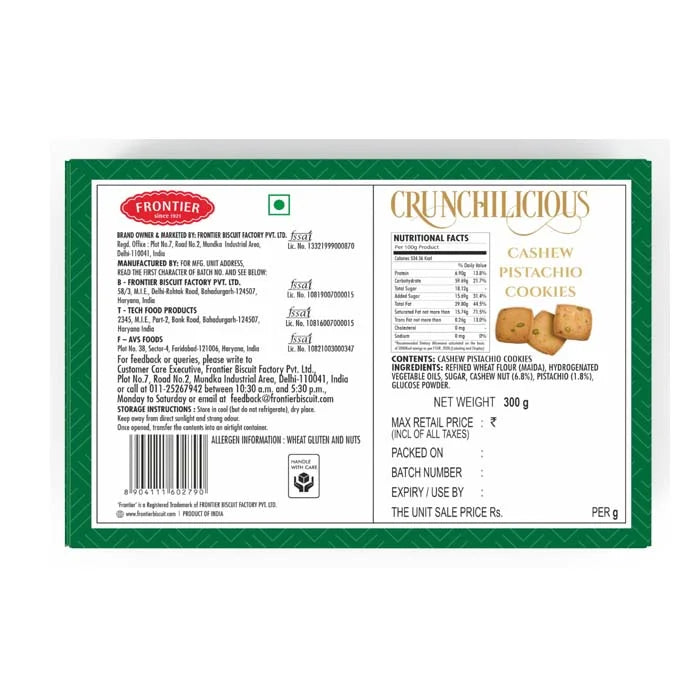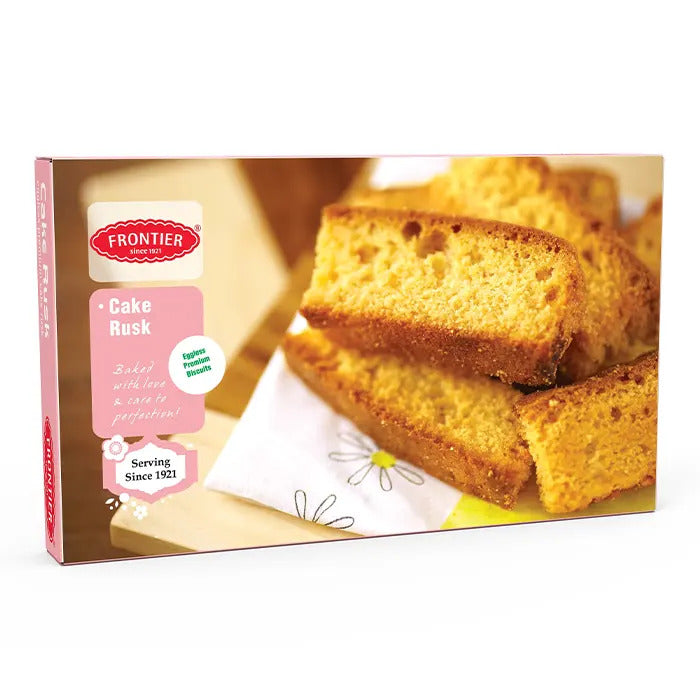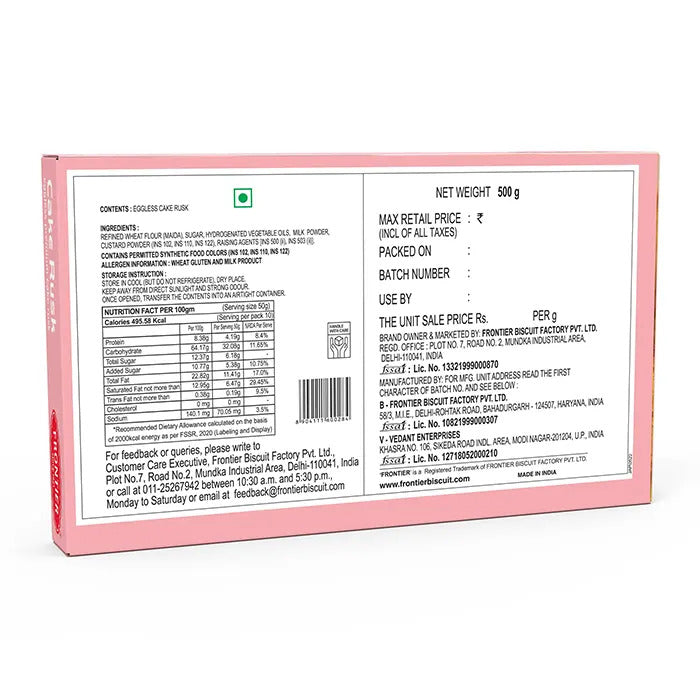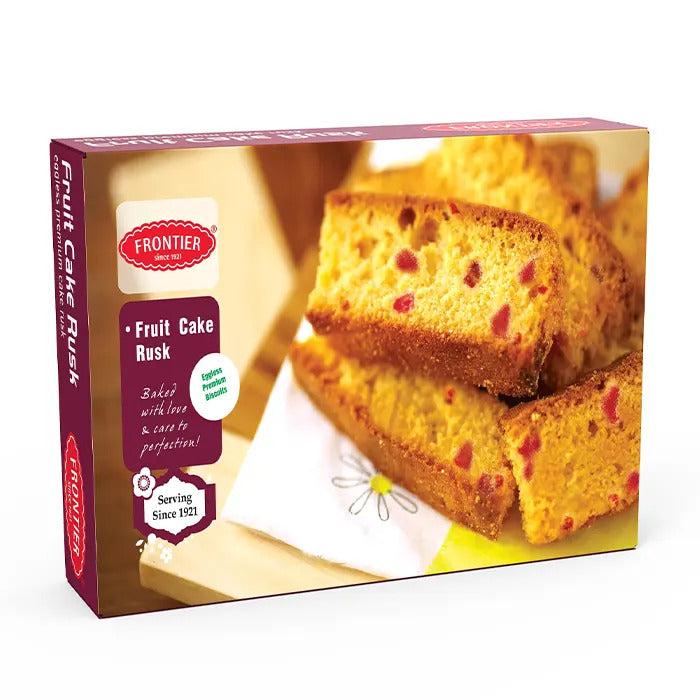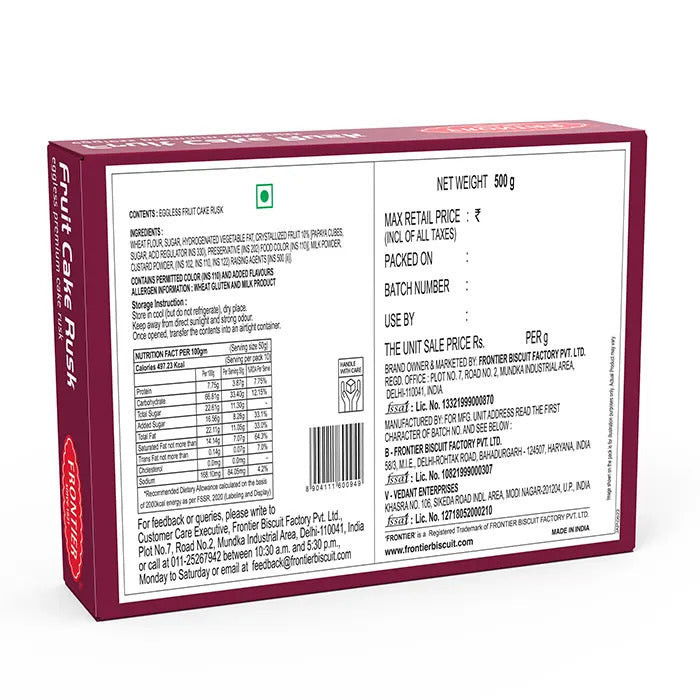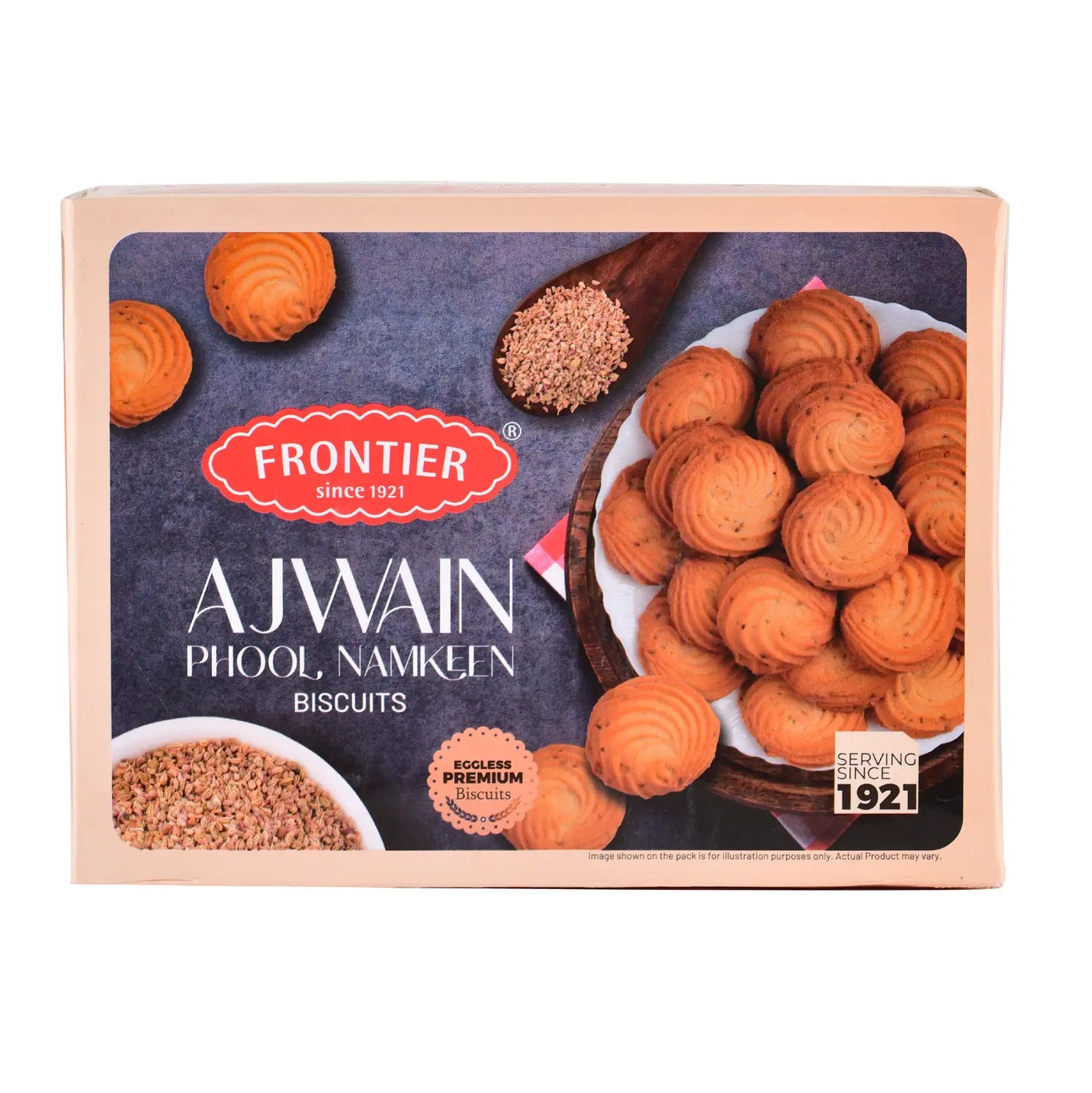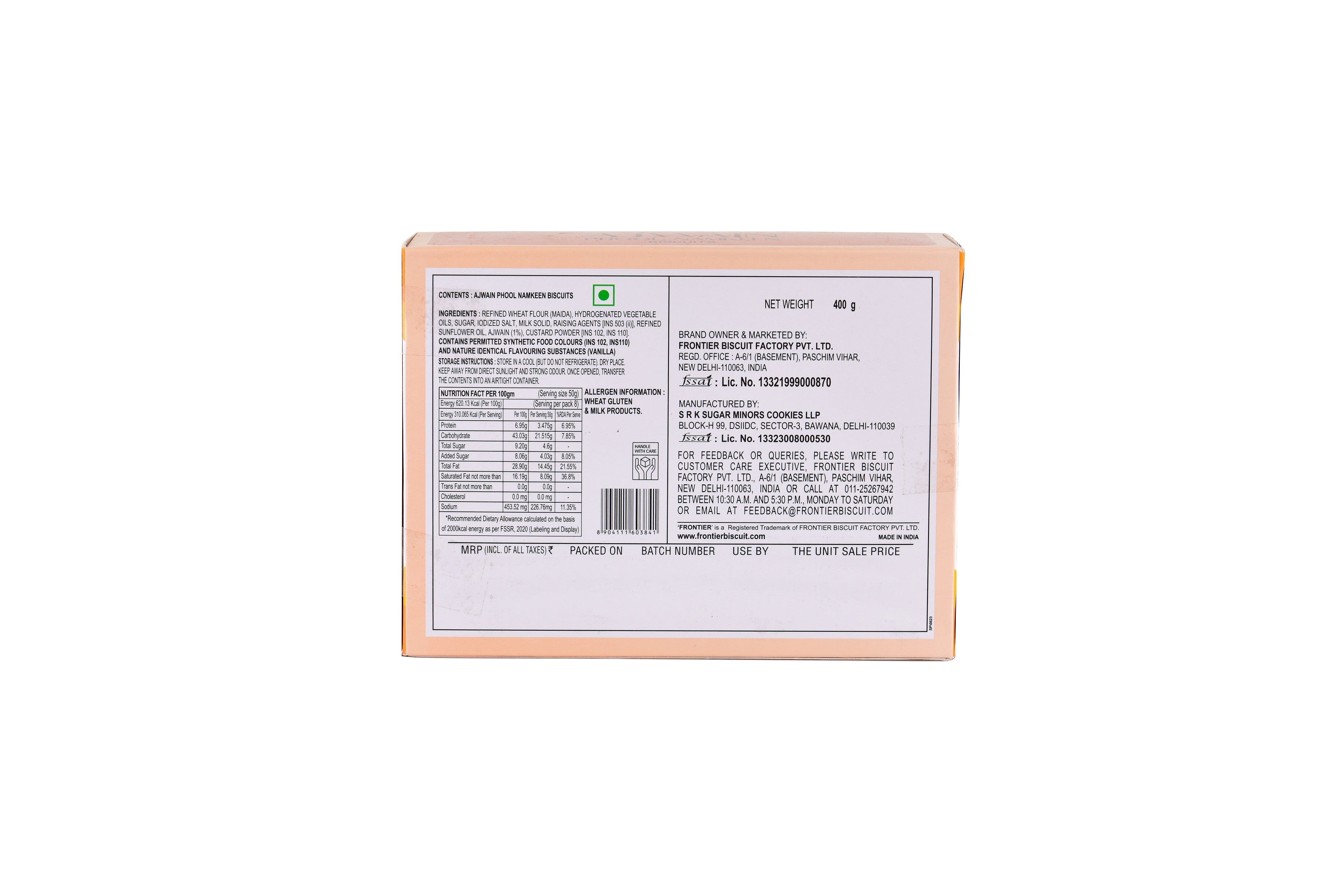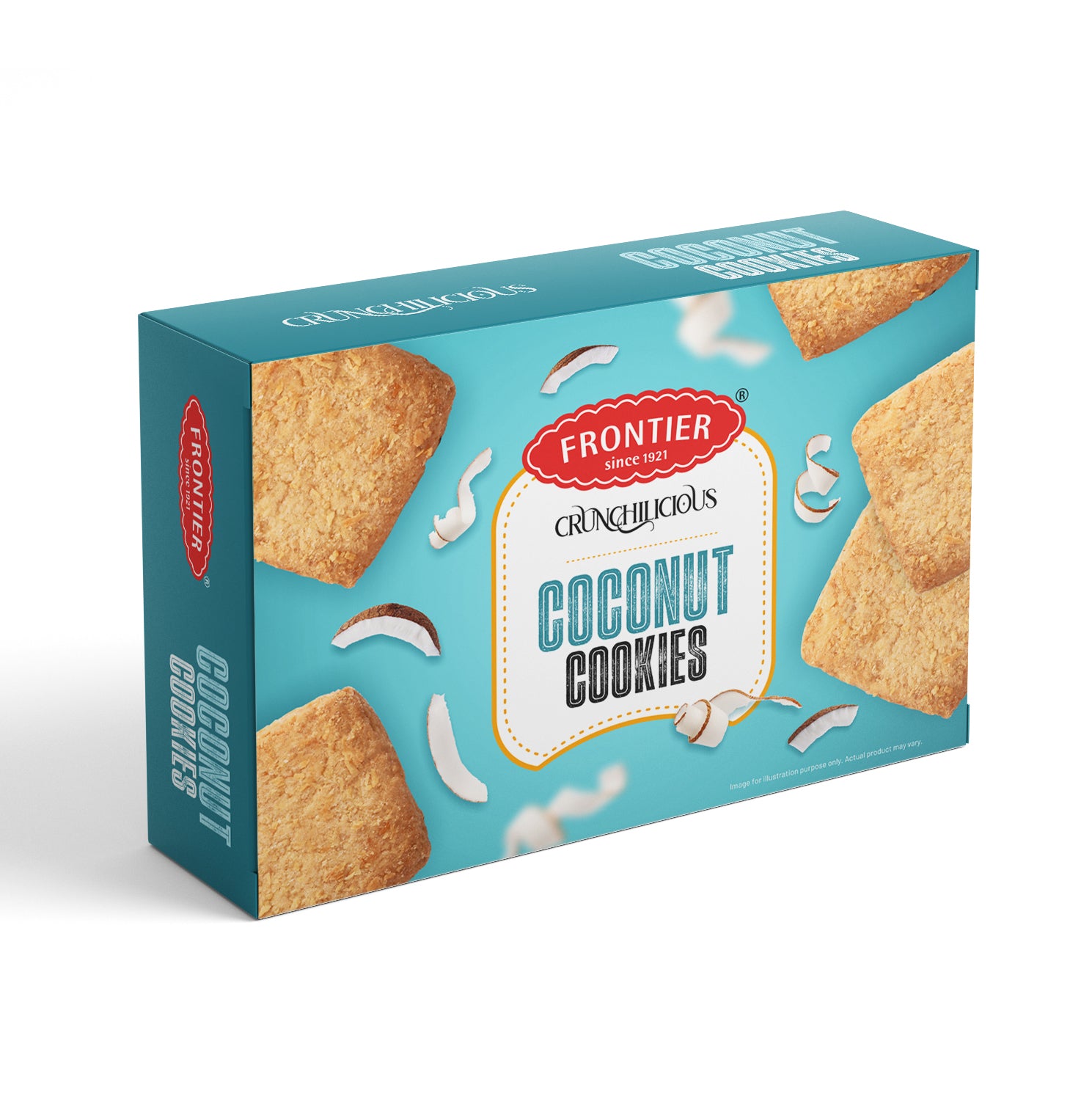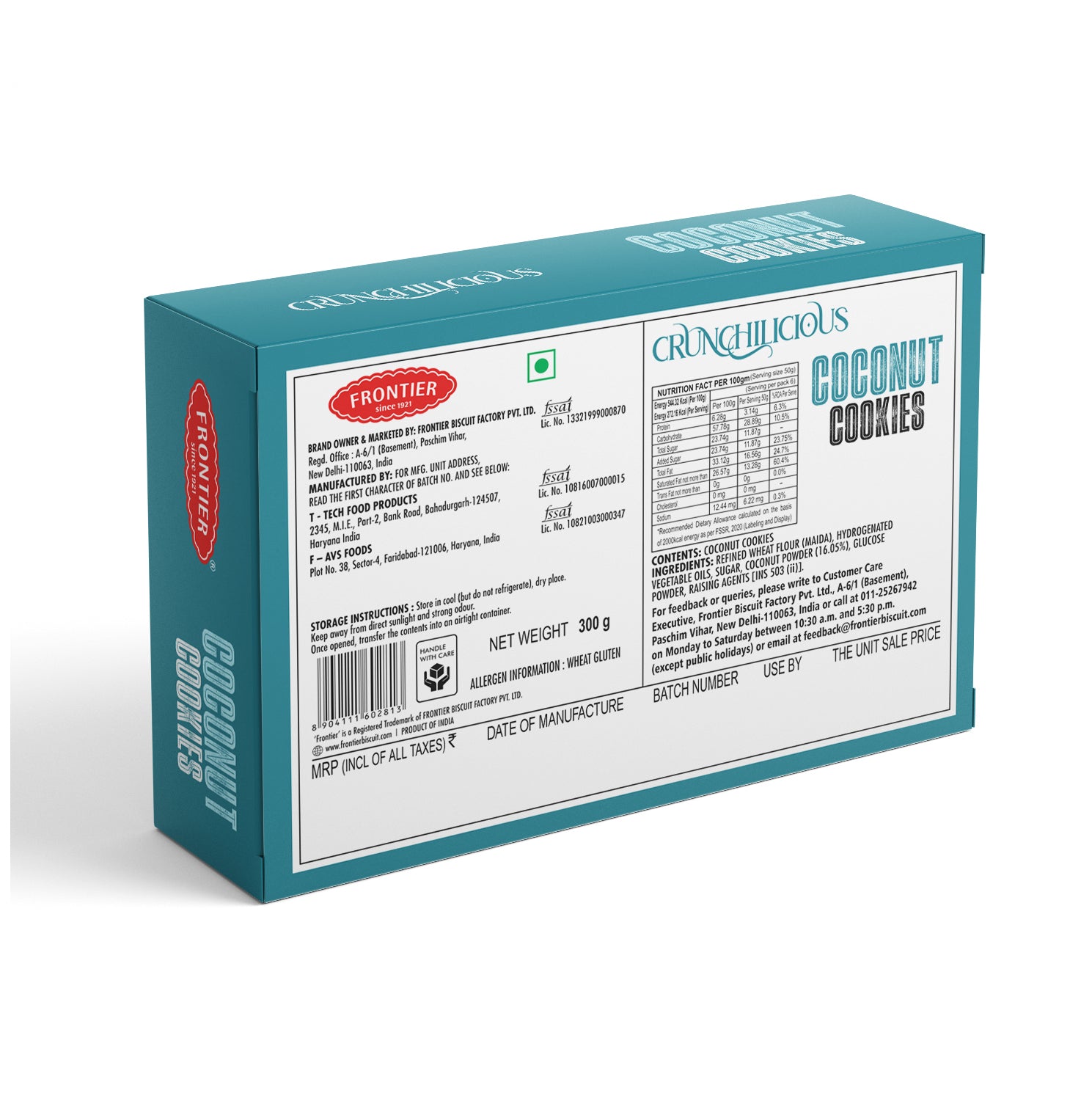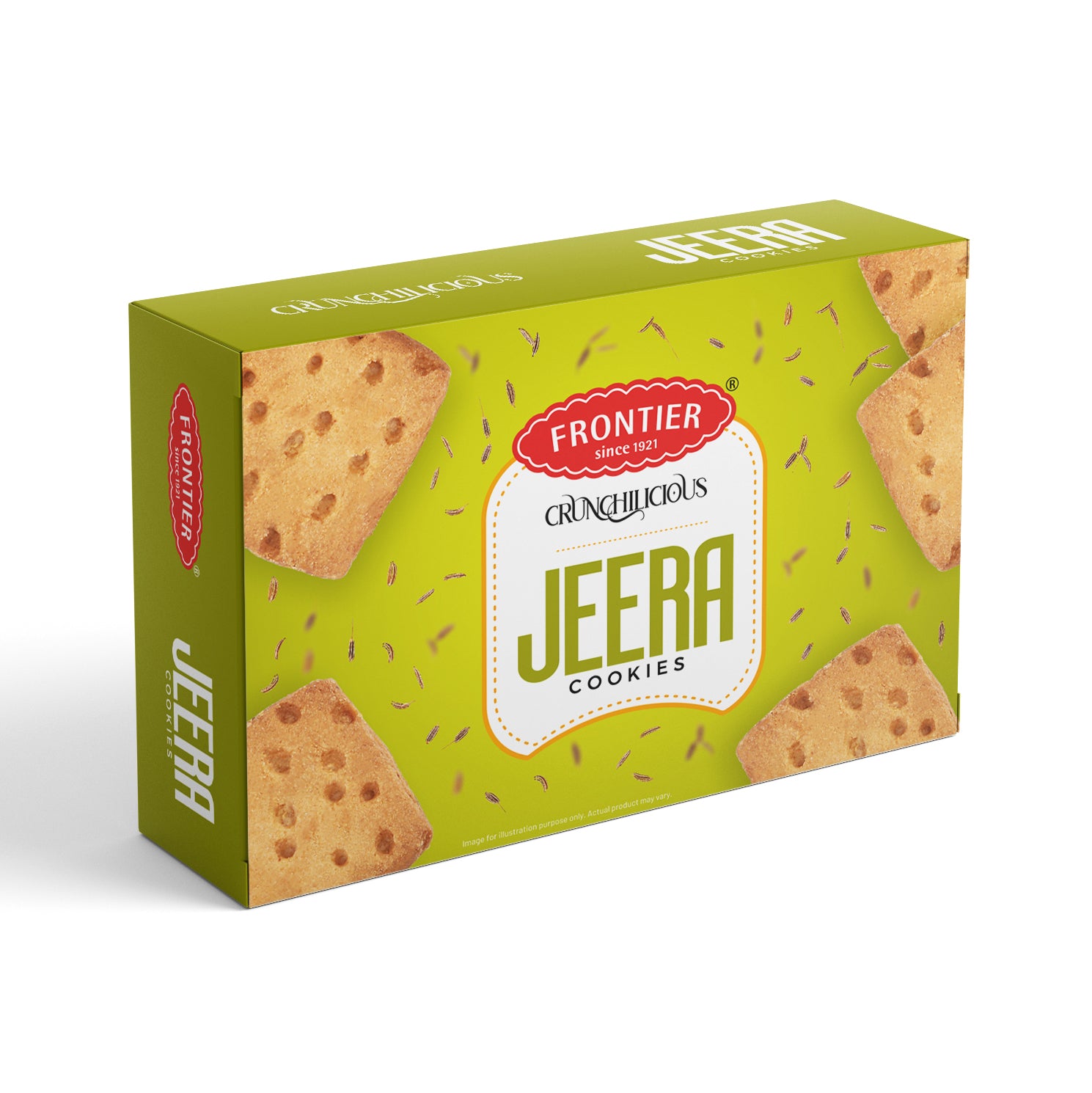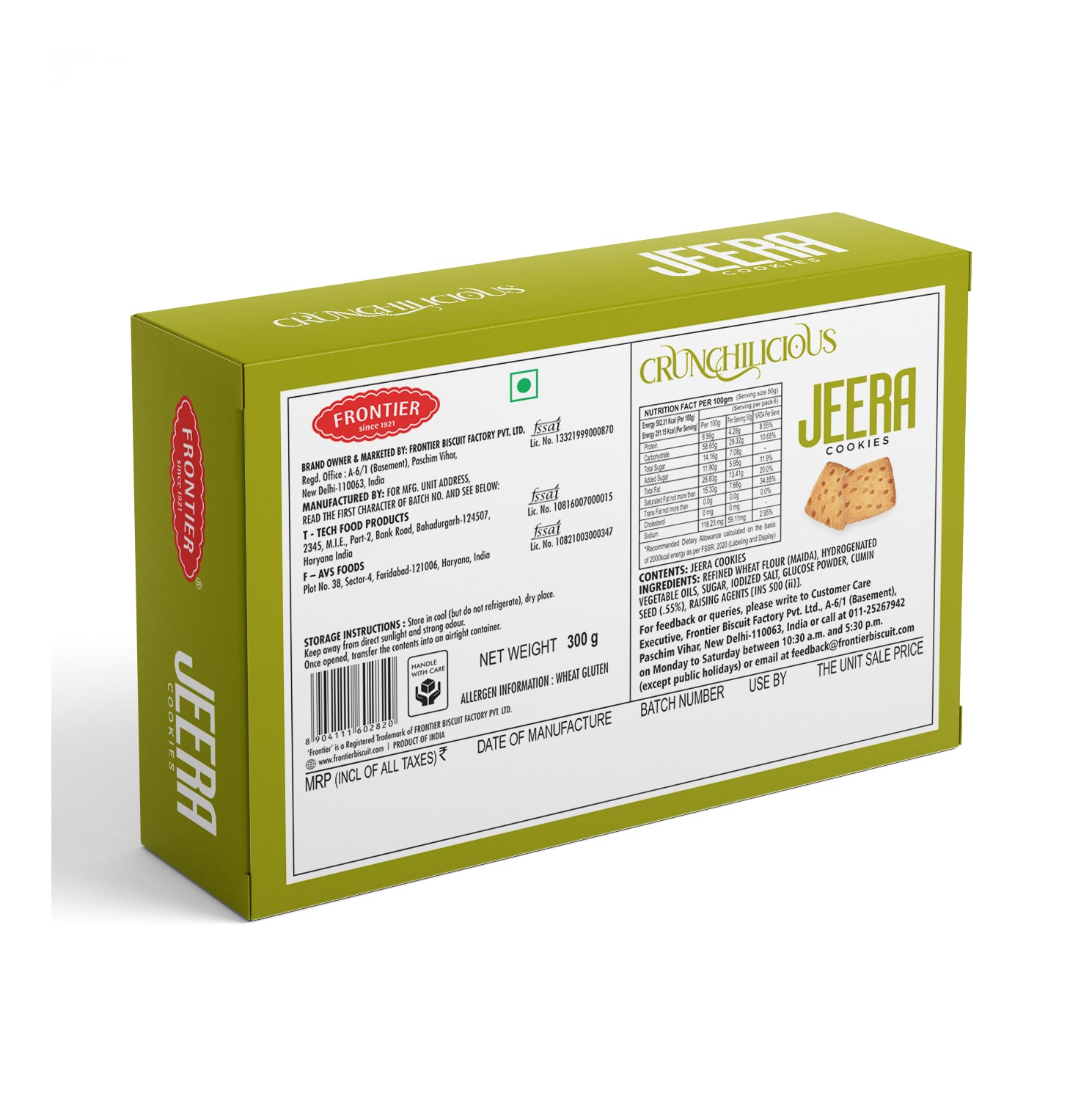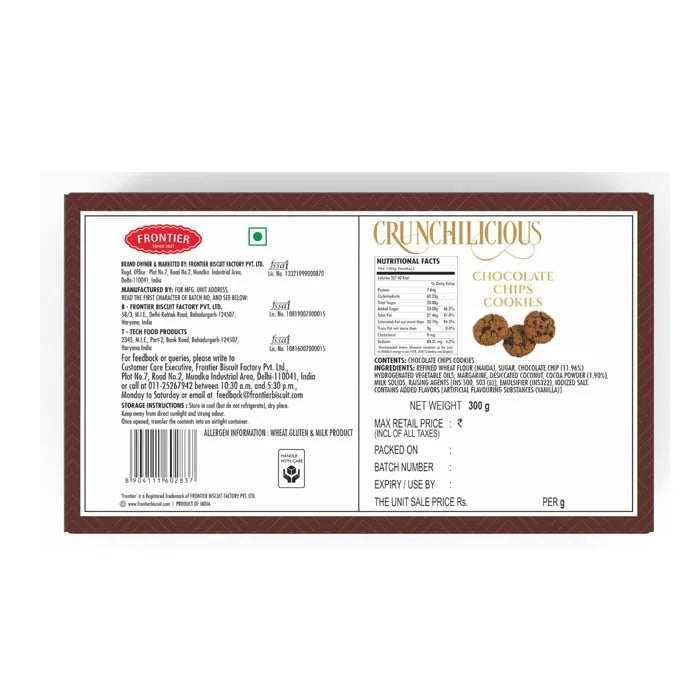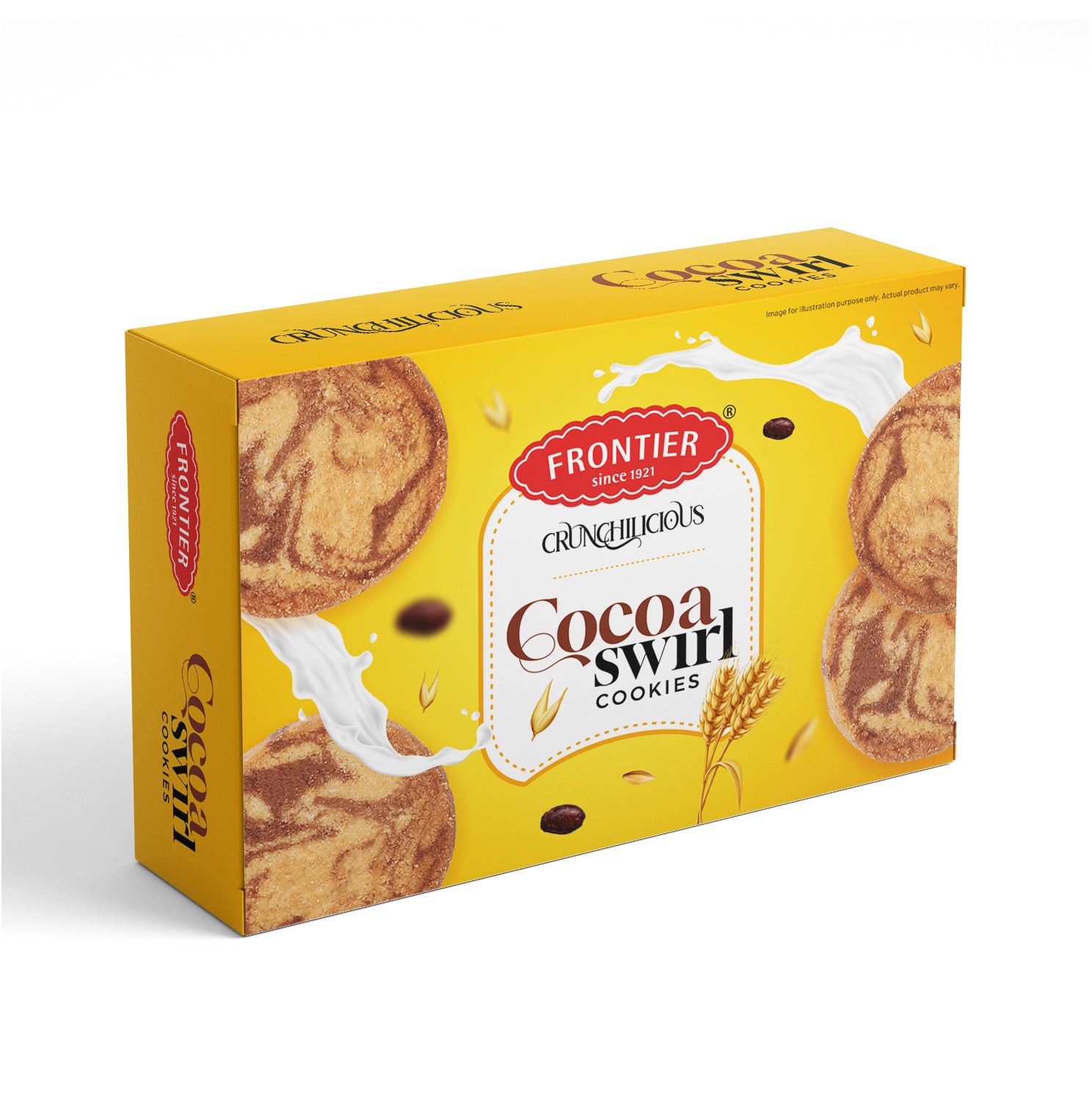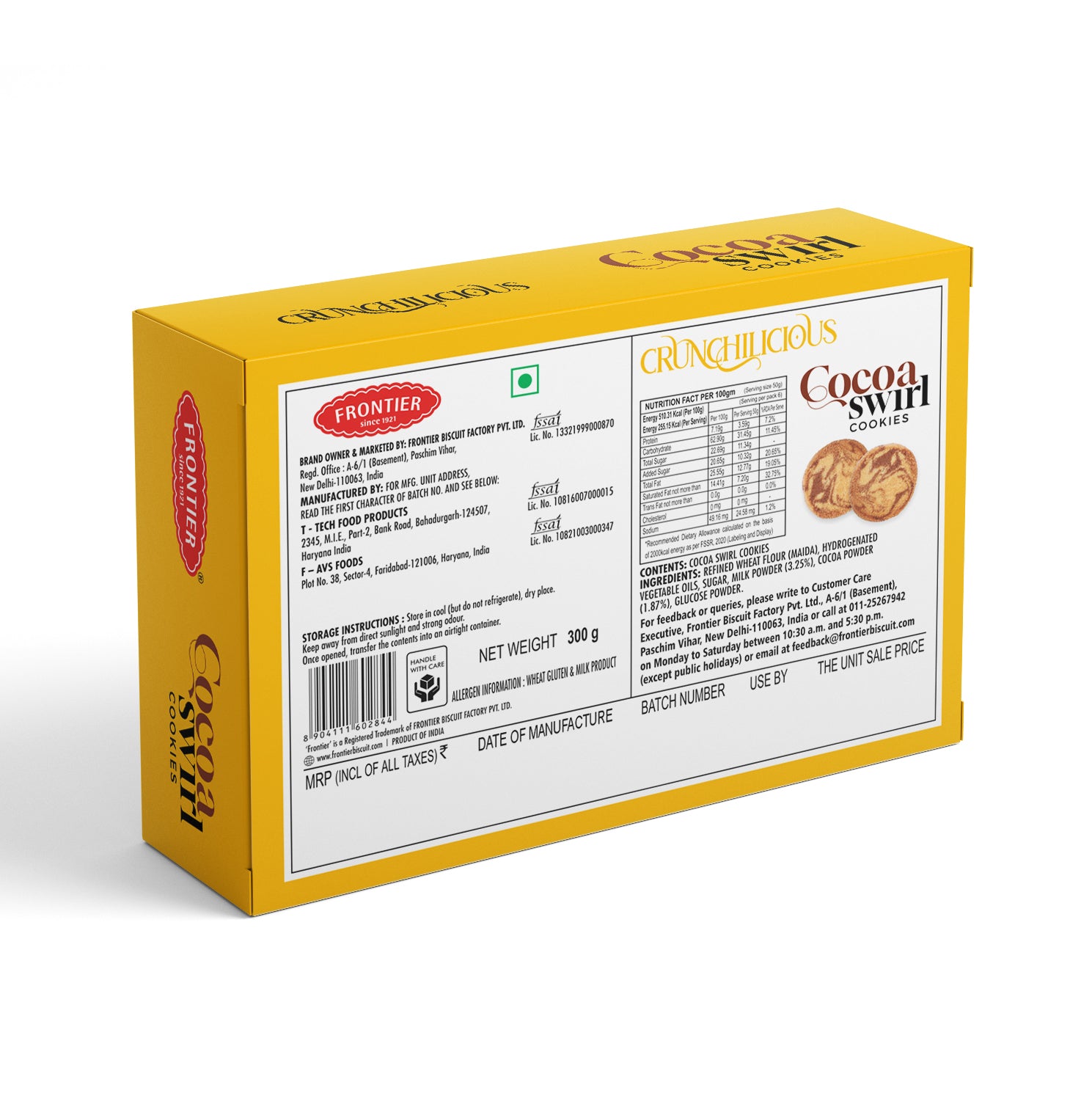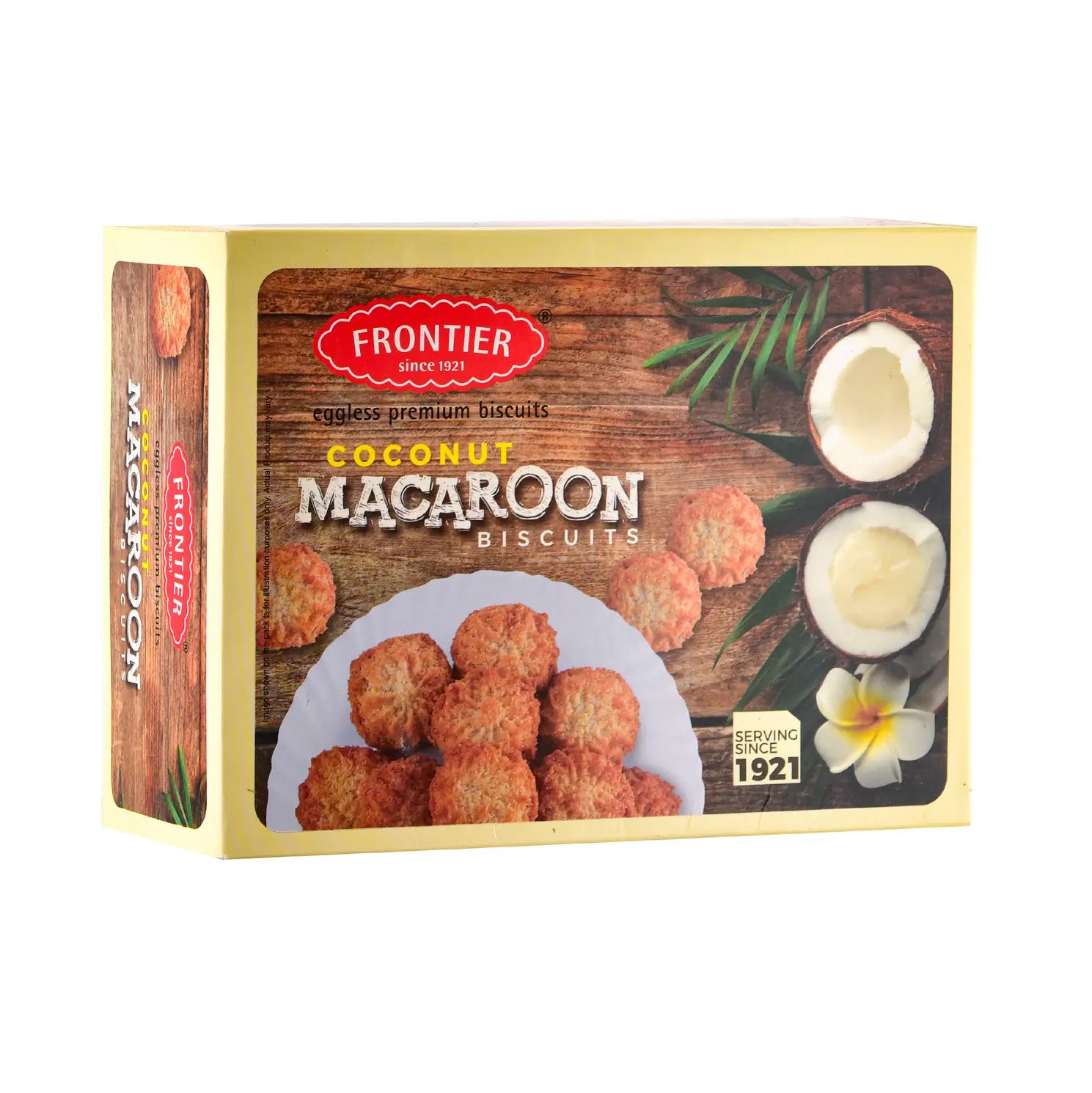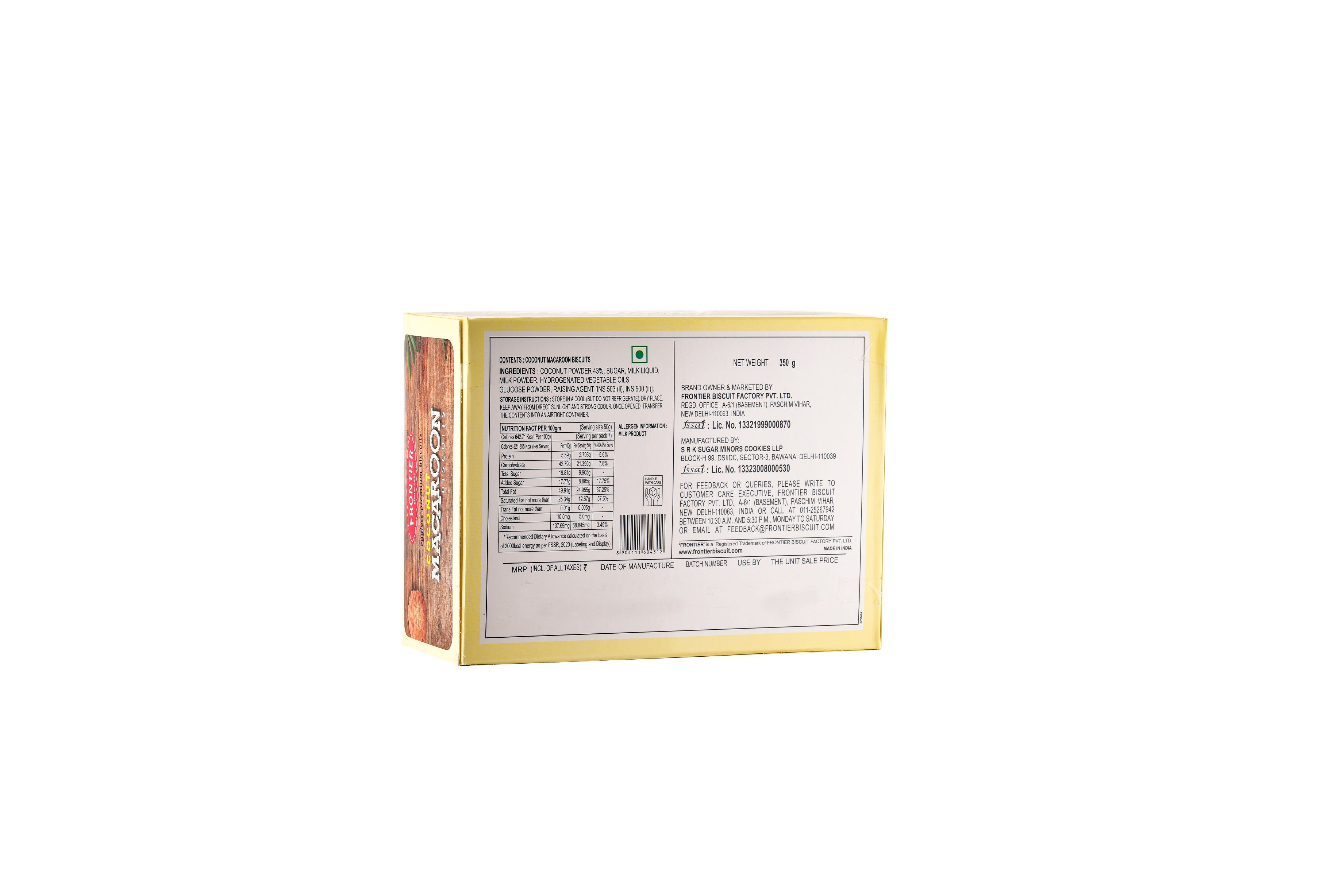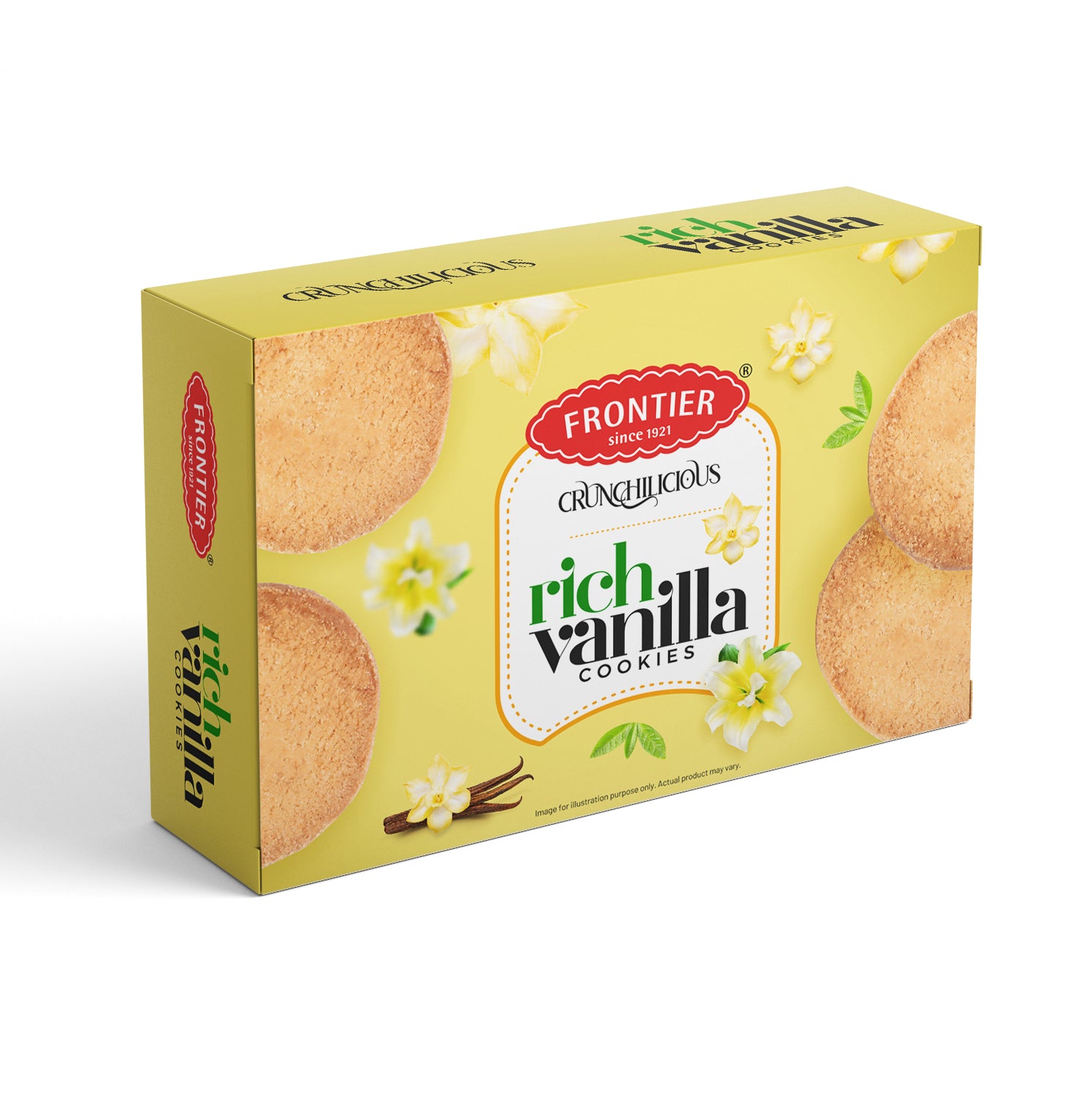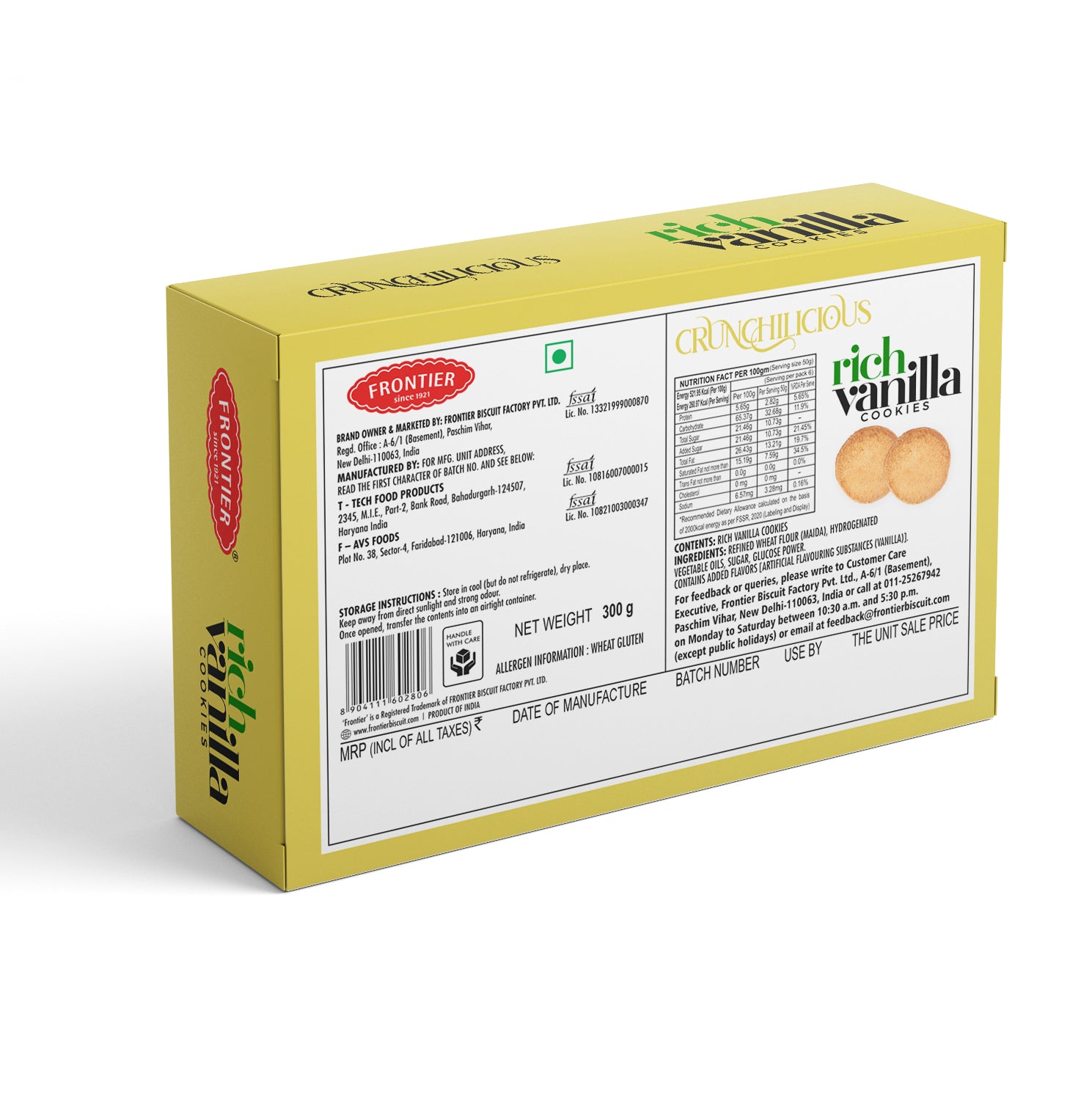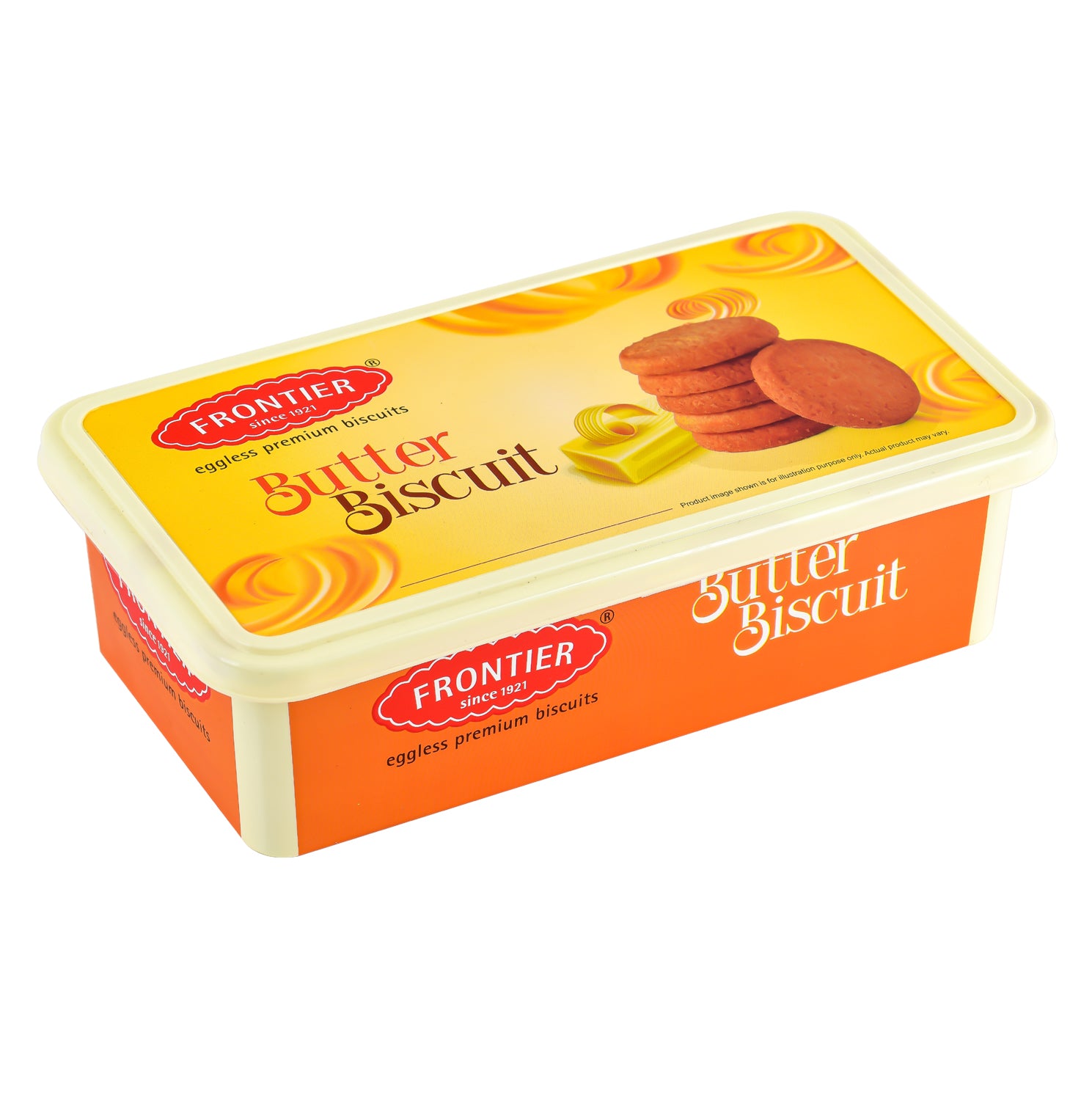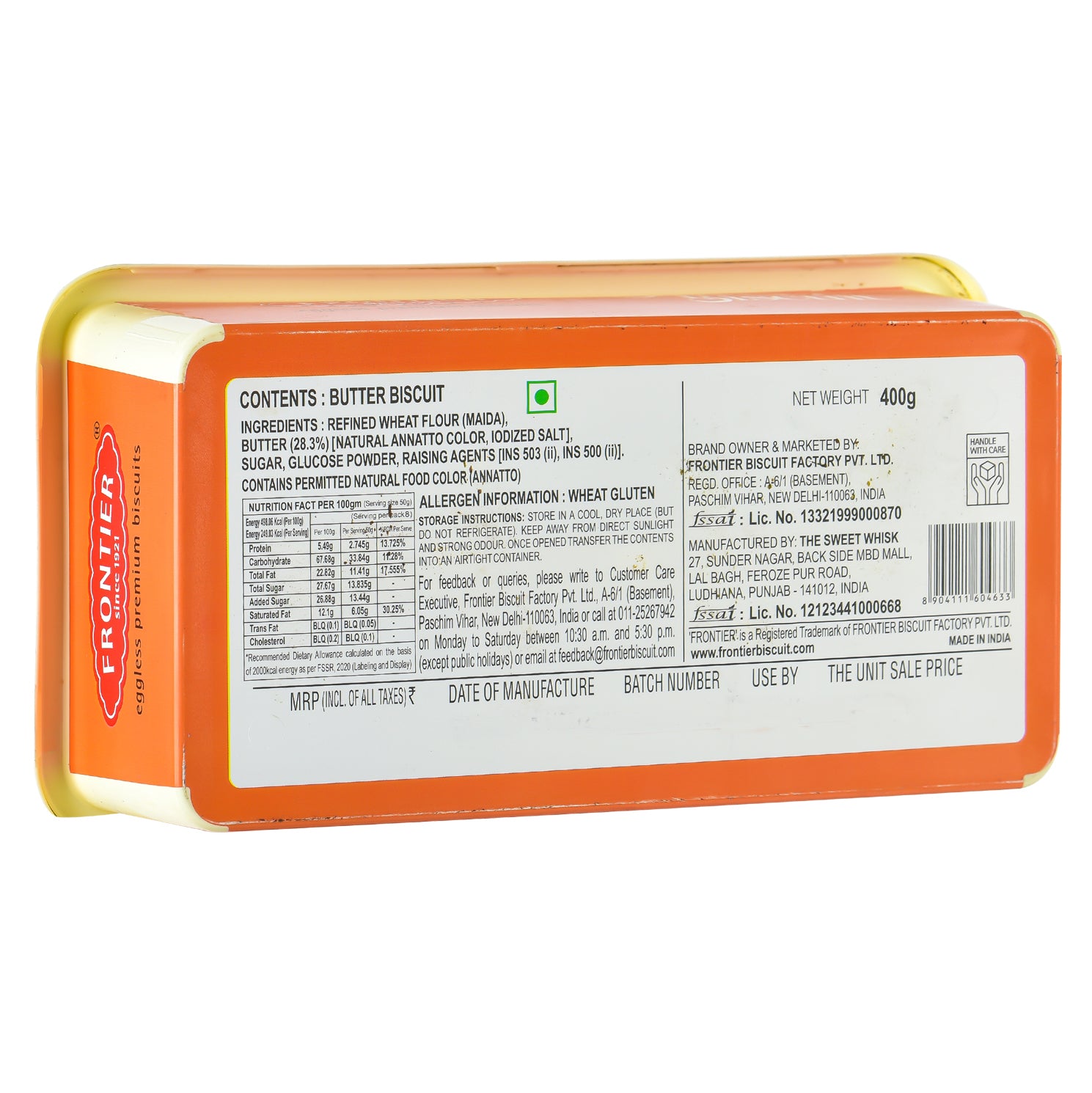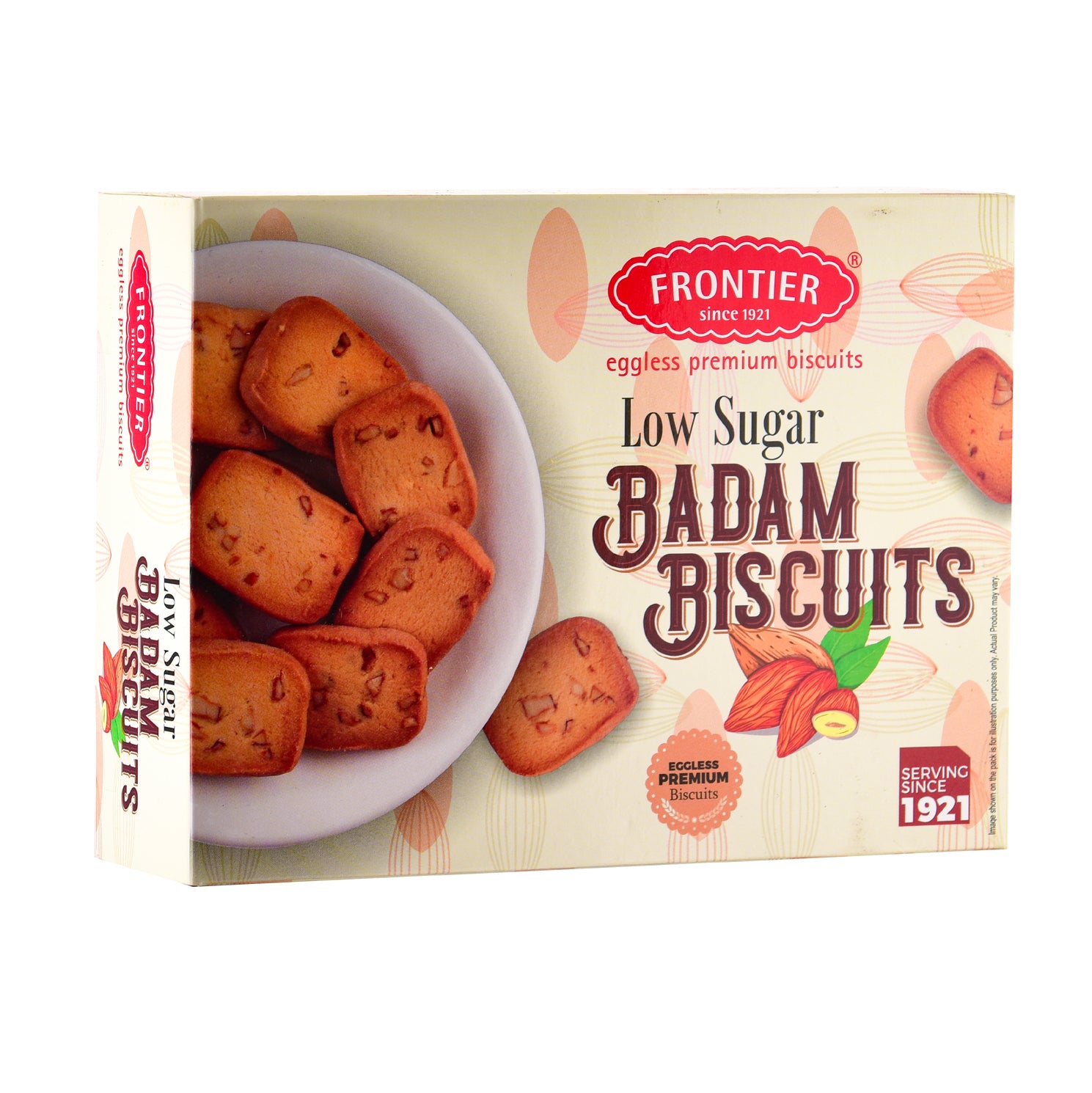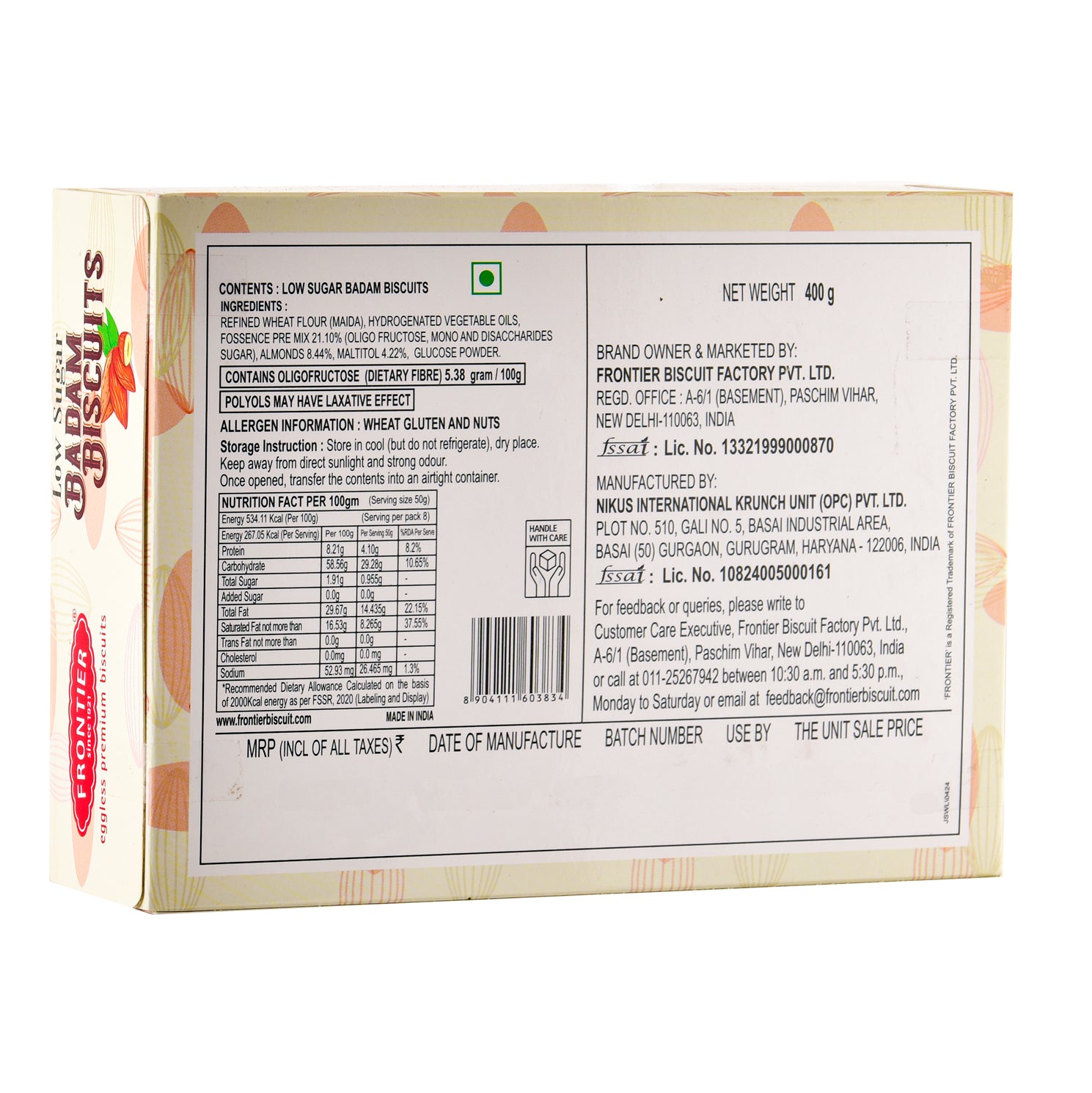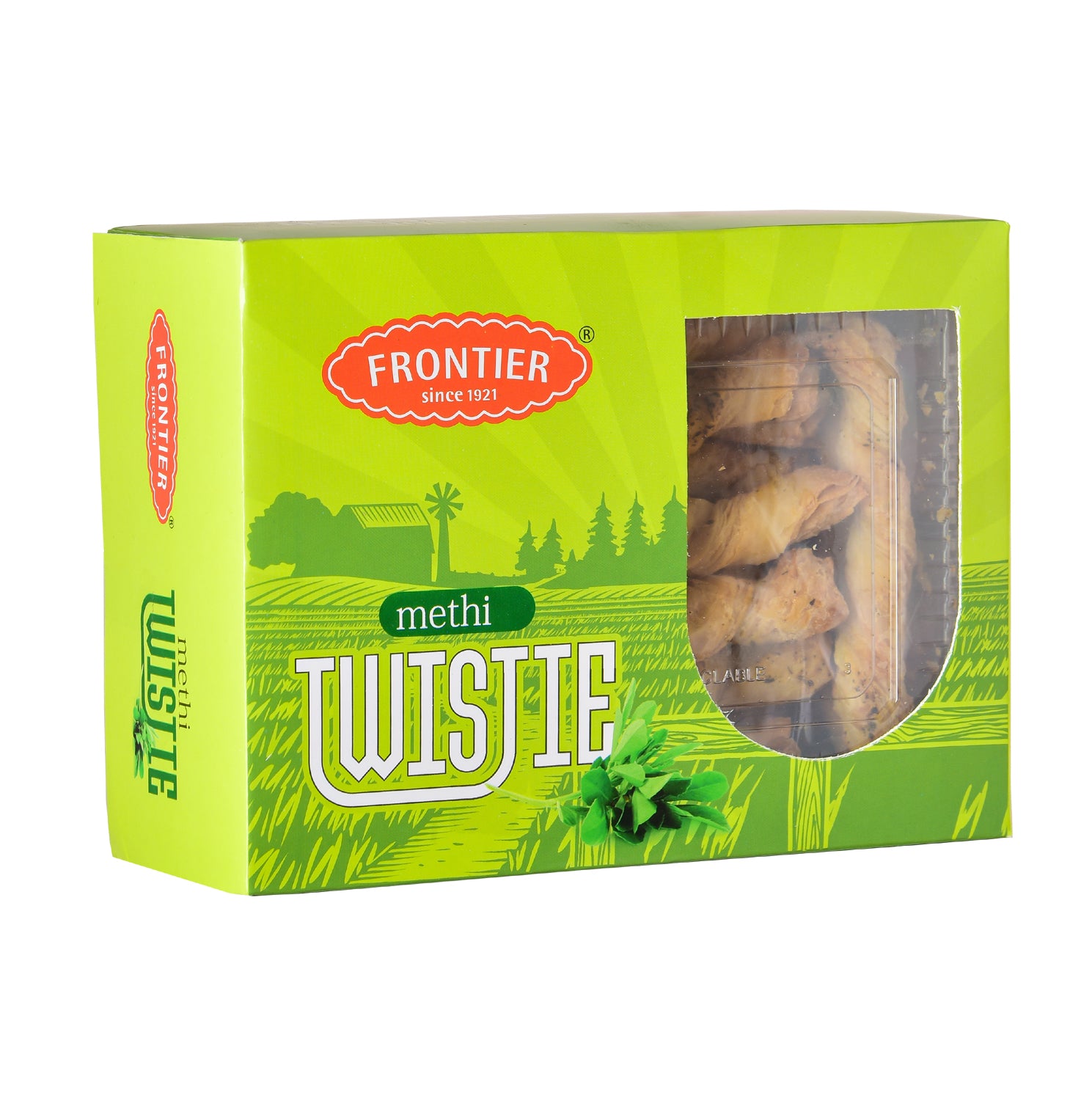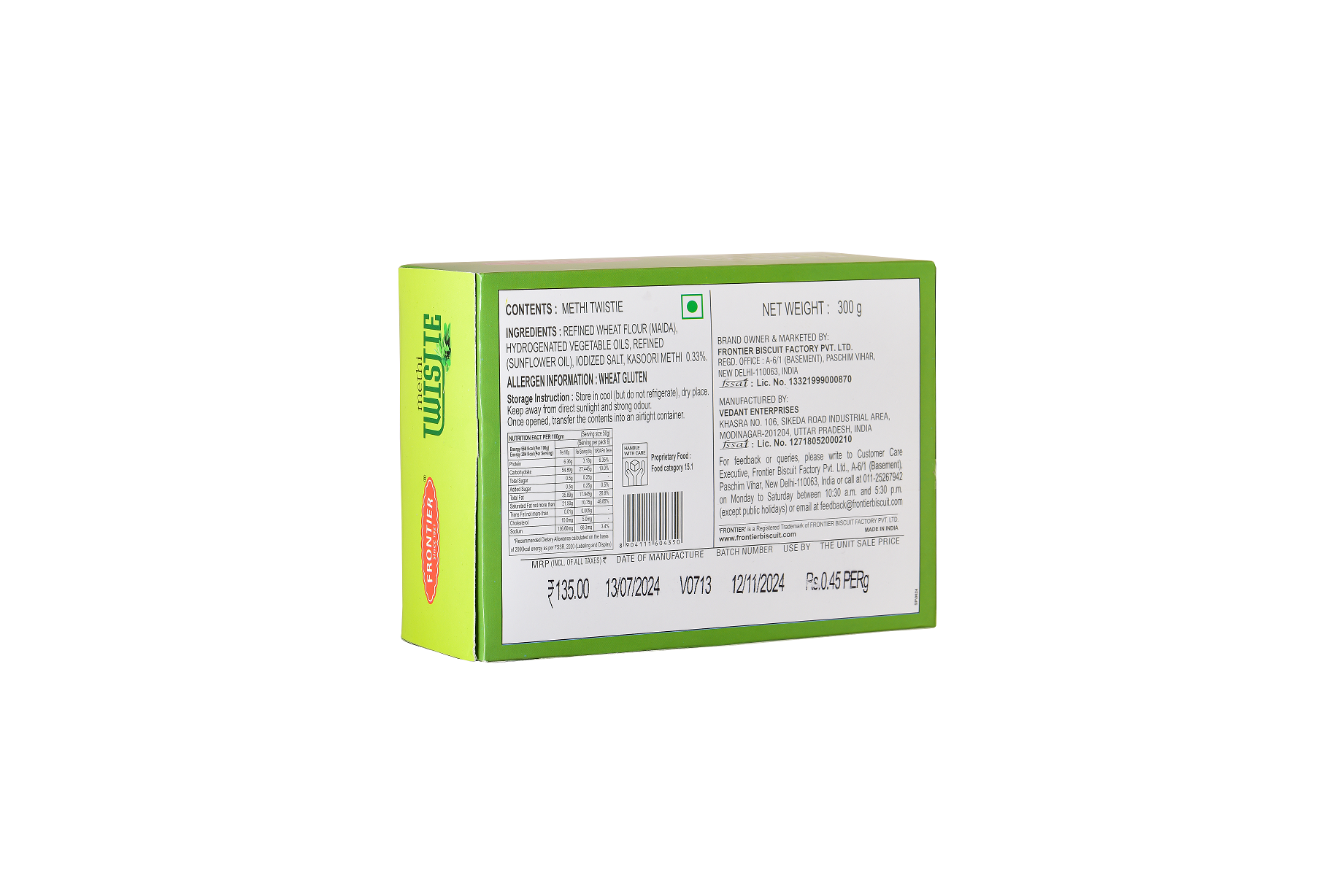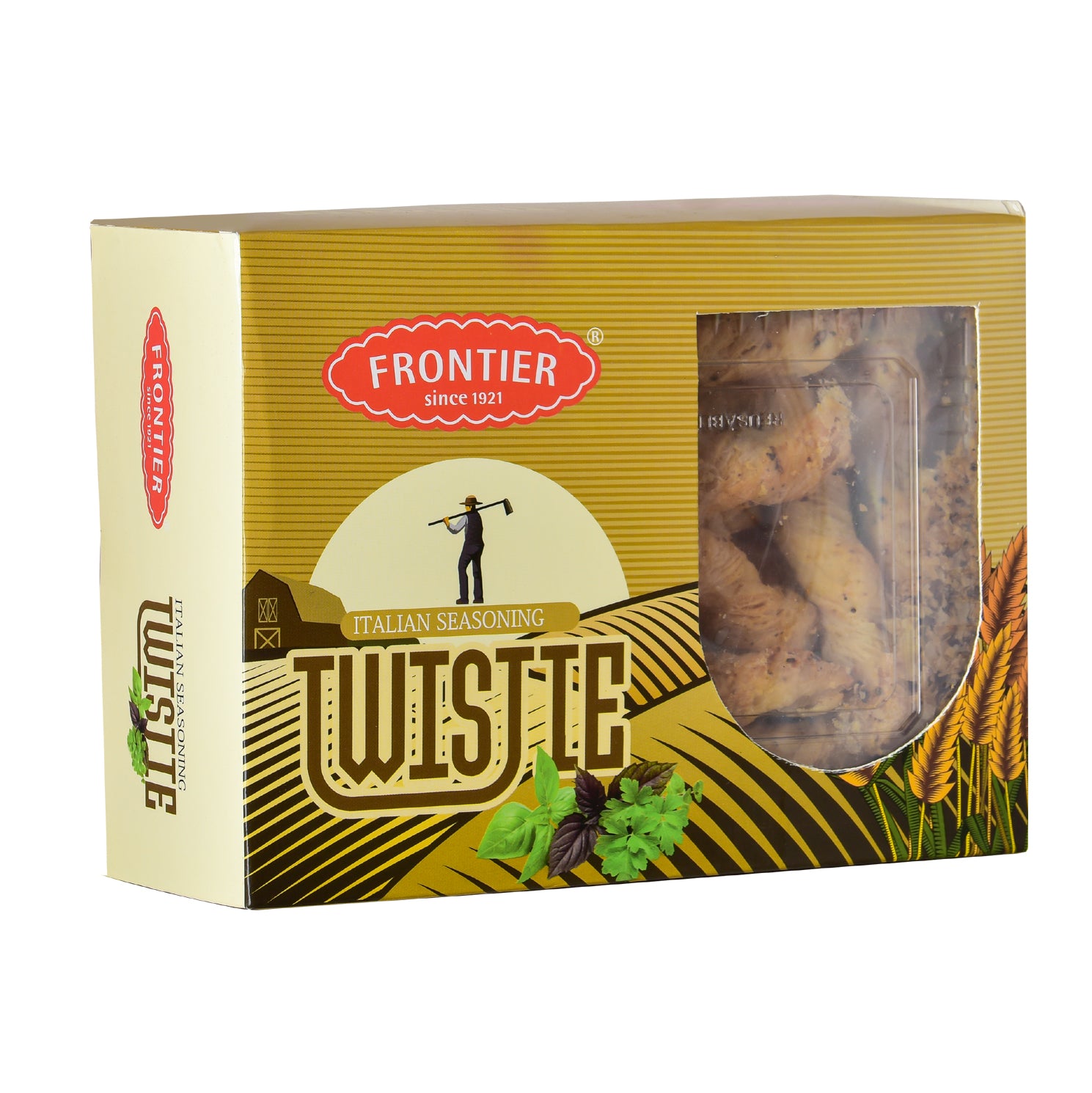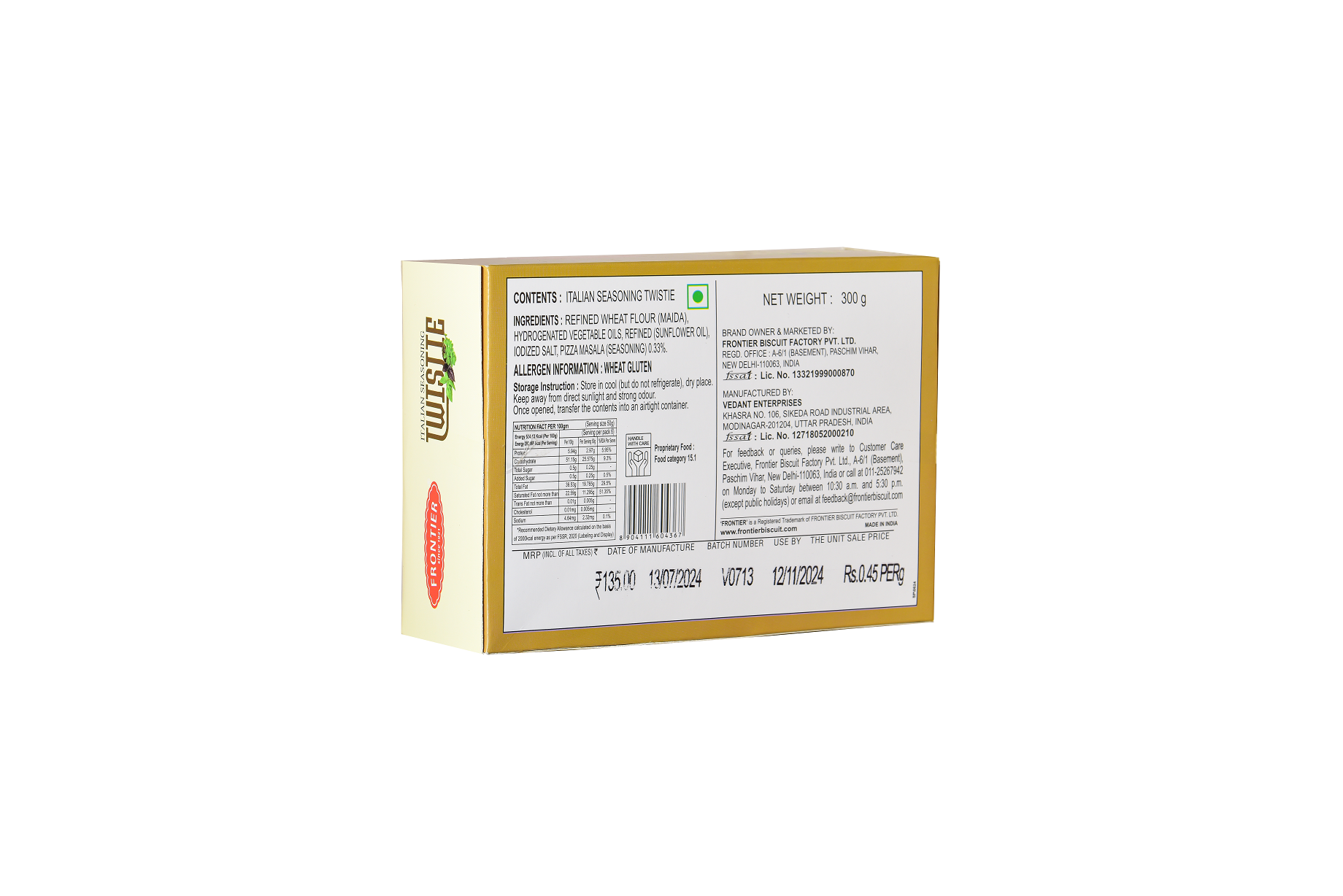
From Hoti Mardan to India's Homes: A Legacy of Handcrafted Biscuits

A piping hot cup of masala chai and a loaded plate of scrumptious biscuits- this has become such a classic combination for every Indian that now it is almost impossible to imagine tea time without these precious mounds of love. Whether you serve them to your guests, whether you enjoy them with your morning tea, or use them to satisfy your midnight cravings, Indians have begun a mutual affair of love with biscuits that is truly never ending. Everyone loves biscuits, but not every biscuit is the same. Among the plethora of commercially produced products, there are still places that bake and sell premium handcrafted biscuits that are full of both taste and love. For more than 100 years, Frontier Biscuits has been providing delicious eggless handmade biscuits to customers all over. And mind you, Frontier Biscuits’ century-old history is truly as delicious as their products themselves.
Humble Beginning, Honest People, Hard Work
The inspiring story of Frontier began in a small town in Hoti Mardan which is now located in West Pakistan. It was the year 1921 when this small town slowly began to fill with the delicious aroma of fresh biscuits from the Frontier Bakery started by the late Mr. Mangal Sain. Times changed and India finally became free from the shackles of slavery, albeit with the wounds of Partition. With time, like many others, Sain’s legacy was moved to Delhi’s Kasba Pura by Munshi Ram Sethji. Frontier Biscuit Factory began baking many kinds of delicious biscuits and other sweet products with a small bakery at the back and a retail counter in the front. In the beginning, Frontier Biscuits would bake biscuits for the customers who would bring them their own materials. These biscuits were baked in bulk and were stored in large metal containers, hence coining the name ‘Peepaywaley biscuits.’ Leaving a well-established business back and starting from scratch was not an easy job. Mr. Mangal Sain and Seth Munshi Ram had to tackle a variety of problems during this shift, and it was in the 80s when they had to face the biggest problem- rationing and relocation.
Empire from Scratch
When forced to move from Hoti Mardan to Delhi during the partition, the family did not know that they would have to shift once again after a few years. Around the 1980s, the then Government of Delhi decided that all kinds of bakeries and similar plants were to be moved away from residential neighbourhoods such as Sadar Bazaar- where Frontier was located to other, safer areas. This was done to tackle the pollution that was being caused due to wood-fired ovens and other similar mechanisms. Sethji managed to procure a space on Lawrence Road but it did not flourish instantly. In fact, getting a good margin back then proved to be a hassle due to rationing as during the 1980s, the Government of India introduced rationing of maida i.e. wheat flour along with other materials such as sugar, ghee, and more, which proved to be quite a challenge for Frontier. Regardless, Seth Munshi Ram persevered and was able to overcome it with dedication, spirit, and hard work. Inspired by the success of Bata, Seth Munshi Ram dreamed of having special and exclusive stores around the city where they would sell their own products. He scoured the markets of Delhi visiting places such as Nai Sadak, Chawri Bazaar, Khari Baoli, and more to observe how people set their shops up and how they conducted their business. Soon, Frontier’s second outlet, Rajouri Garden began its functioning. Sethji’s pioneering vision allowed him to expand the business and soon new retail outlets opened in many different localities of Delhi such as Model Town, Ashok Vihar, Kamla Nagar, Tagore Garden and Paschim Vihar in Delhi. This was then followed by giving out franchises, and in the 1990s the first authorised dealer of Frontier’s delicious handcrafted biscuits came into existence. Frontier outlets are highly focused on branding, customer satisfaction, and quality, which is why only Frontier products are sold at these outlets. Starting with just 3-4 varieties of biscuits, Frontier now has a large collection of around 45 varieties of biscuits with a few sugar-free varieties as well. Continuing the growth of the business, the factory was then converted into a partnership firm when Pawan Kumar Sethi, elder son of Munshi Ram Sethi and his younger son Sanjee joined the team as partners. Another chapter in Frontier's history was completed when the factory converted into a private limited company in 1989.
The Present and the Future
What has allowed Frontier biscuits to not just survive but thrive in a market that is populated by various commercial giants of biscuit manufacturing is their dedication towards their customer base and an unwavering commitment to delivering high-quality, handcrafted biscuits to its customers. This dedication to quality and commitment to quality has allowed Frontier to grow over the time which resulted in the creation of a second manufacturing unit in 2002 in Bahadurgarh in Haryana. Currently, the company has an impressive network of 67 outlets, which includes 7 outlets owned by the company while 60 by authorized dealers.
The driving philosophy of Frontier Biscuits is a dedication towards providing their customers with products that are not just high-quality but also delightful and immensely satisfying tastes. This is what has made it such a popular brand while still facing commercial competition. With a long-standing legacy of more than 100 years, Frontier Biscuits continues to use the original recipes and baking style. With time, the company has adopted many modern techniques and manufacturing processes but the biscuits are still shaped or cut by hand.
Do visit your nearest Frontier outlet or their website to learn more about these delicious biscuits. And don’t forget to get your favourite Frontier biscuit from the outlet so that you can enjoy your delicious cup of chai in luxury!









